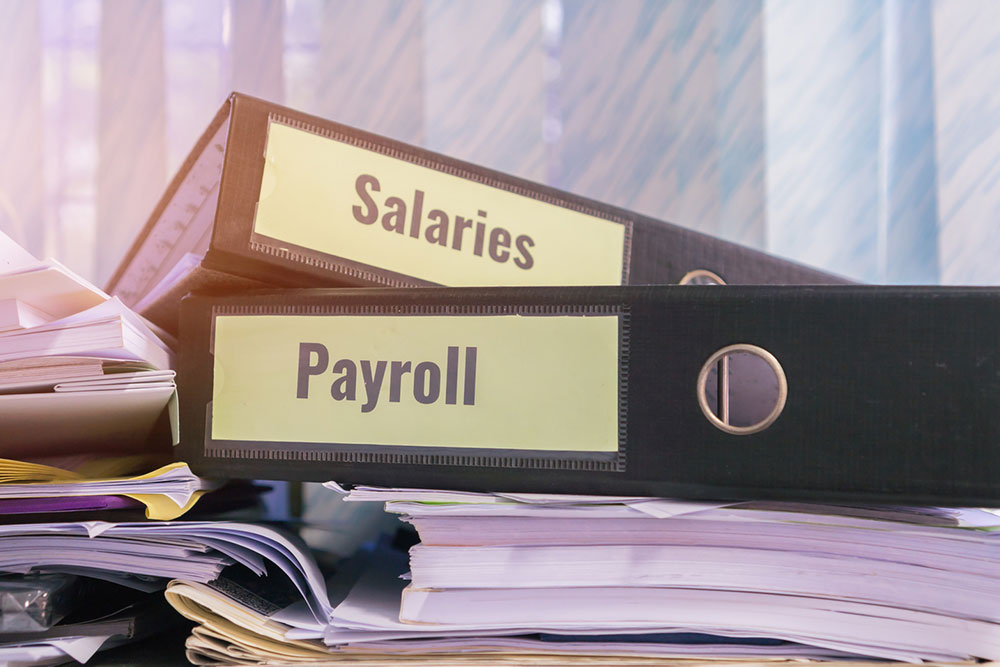
finance
4 common payroll mistakes to avoid
Nearly all payroll mistakes are caused by incorrect data and poor communication. While these mistakes may seem trivial and correctable, they can have serious legal consequences for employers. In some instances, businesses may also have to shell out money for fines and penalties, affecting their profits. Below are the top four payroll mistakes to avoid. One can easily avoid these errors by being more careful and taking specific preventive measures. Misclassifying employees and contractors Full-time employees must never be mixed up with contracted, freelance individuals. Errors like these can cause payments to be docked incorrectly. Because of that, employers may have to look through old payment records to adjust employee salaries. More often than not, discrepancies in salary result in dissent among employees and, subsequently, staff shrinkage. According to the Fair Labor Standards Act (FLSA), full-time employees who work over 40 hours a week must receive overtime pay. Any errors in employee classification can result in FLSA-related fines for businesses. Maintaining accurate records of an employee’s status is the easiest way to avoid trouble. Employers must also check and verify their records periodically. Making calculation mistakes Calculation mistakes have a cascading effect on both employees and employers. A simple calculation error can cause an employee’s income to decrease steadily if not corrected in the first instance.
Read More 










